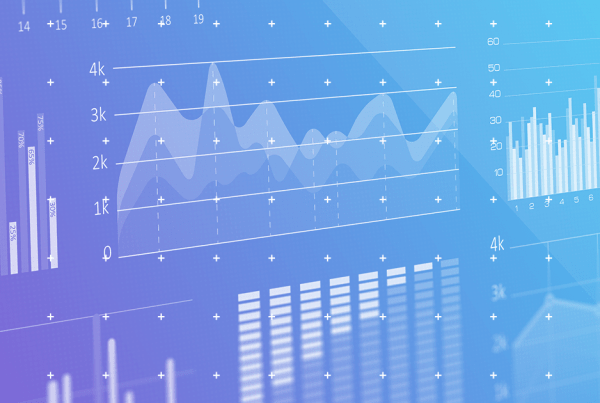One of the biggest advantages of big data is the ability of the businesses using it to better understand the purchasing habits, preferences and quirks of customers. Everything from marketing efforts to the supply chain can become more streamlined and effective thanks to a better, deeper understanding of the customer base individually, in subgroups and as a whole. However, retail businesses can't only focus on the short-term considerations of securing the next purchase made by those customers. Organizations must also look for ways to create value for them – and the businesses themselves – over many months and years, ensuring concepts like retention and positive engagement aren't totally ignored in favor of single sales.
"Long-term customer value is worth more than single transactions."
Focusing on customer loyalty and new data dimensions
The Harvard Business Review recently published an article by Niraj Dawar, a professor at the Ivey Business School in Canada and a specialist in consumer-focused business strategy. Dawar said long-term customer value is worth more than single transactions, and businesses must recognize this distinction to get the most out of big data. Only using a data warehouse solution to gather information related to securing the next purchase made limits the effectiveness of big data use as a whole and ignores the customer considerations that can drive positive relationships over many months and years.
Businesses that want to take this longer view need to take customers into account more when collecting and using data streams, focusing on areas where providing value to customers also makes them more likely to patronize a business and return for future transactions. Dawar highlighted major areas where this crossover takes place, including: helping customers avoid unnecessary costs and risks, finding new insights from consumer data that is widely dispersed but isn't yet aggregated, and finding common variables that allow businesses to offer new, intuitive and helpful products and services to them.
Our work with outdoor outfitter Patagonia offers an example of the crossover between big data that can provide a benefit to both customers and the businesses that serve them. With our help, Patagonia realized a more effective system for inventory analysis and forecast. By using past and current information related to a variety of purchasing, stocking and order concerns, Patagonia has a solution that helps customers by more effectively stocking the most popular items and helps the company through developing better consumer relationships and increasing the potential for sales.






